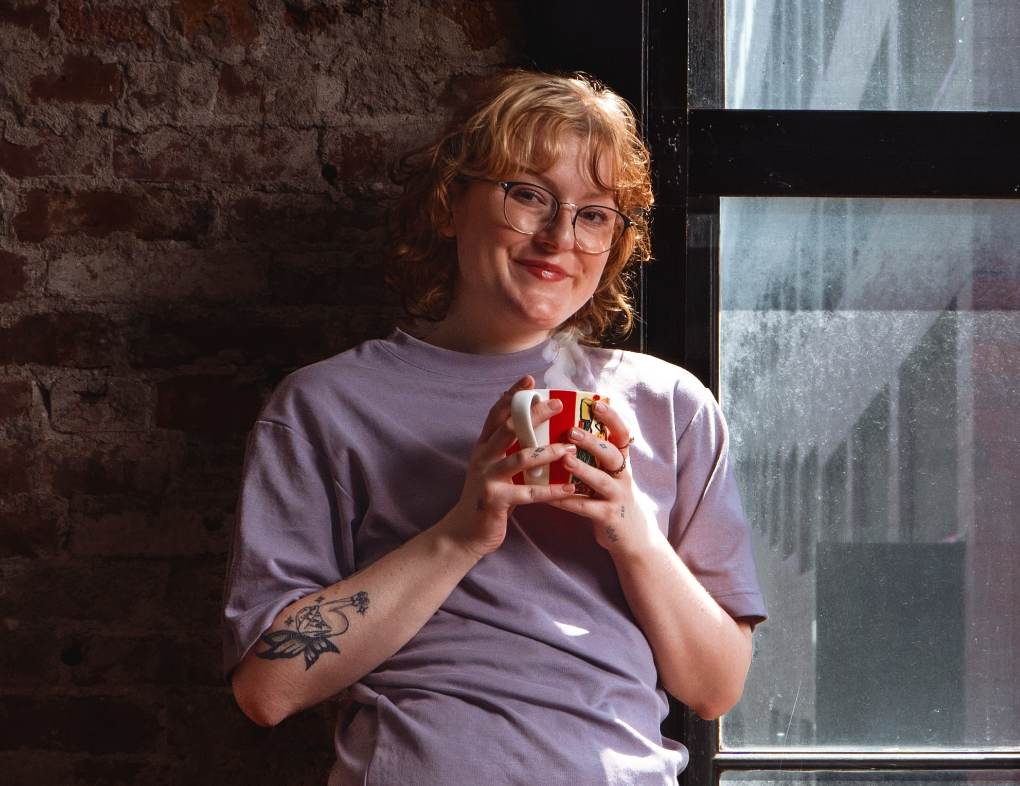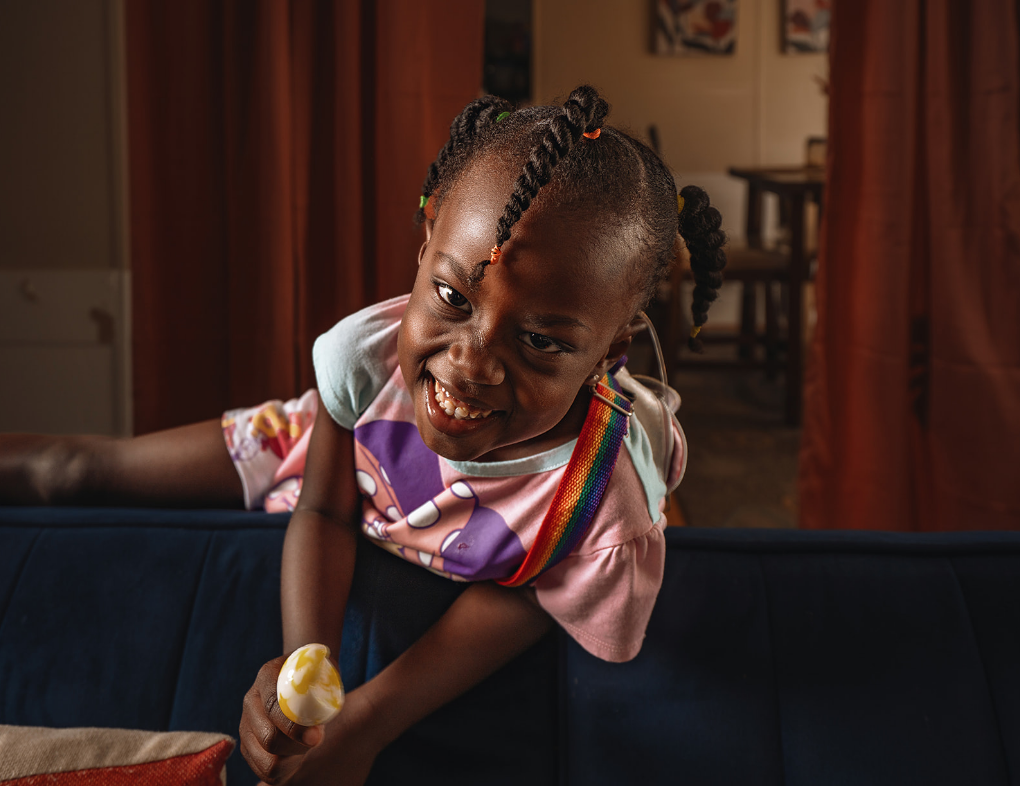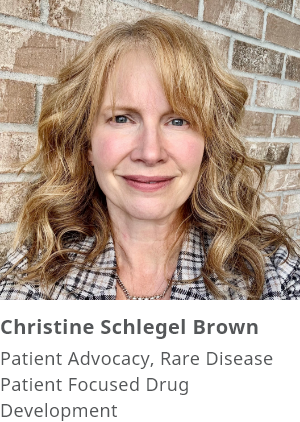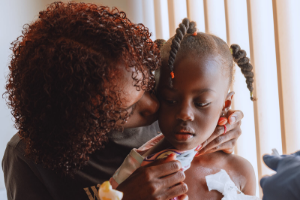Shaping the Future with Pompe Patients

This article features real patients sharing their personal experiences and is available to the public for disease awareness only. Individual experiences may vary. It does not endorse any specific treatments or medications. Please consult your healthcare provider for medical advice.
This article is developed by Astellas. Speakers have received compensation from Astellas for their participation.
Engaging with patient advocacy organizations and the global key opinion leader community is essential for gaining insights into understanding the lived experiences and specific needs of patients. This article explores how Astellas fosters collaborations between researchers and patients, highlighting how this approach can lead to more patient-centered trials and better health outcomes for patients.
A Trusted Partner in Pompe Disease
Pompe disease is a rare condition characterized by progressive muscle weakness and respiratory impairment. It occurs when the body is missing or has low levels of a specific enzyme.
When working on potential treatments, partnering with Pompe disease patients is essential to enhance the design and execution of clinical trials. As the voices of those directly affected by these conditions, patients offer invaluable insights that can shape research priorities, improve trial protocols, and ensure that outcomes are meaningful to the community.
At Astellas, we are prioritizing patient outreach to gain insights into their perspectives as we work towards developing a potential treatment for Pompe disease. Christine Brown, Patient Partnerships Lead for Rare Diseases at Astellas, explains: “It’s essential to understand the burden of the disease from the patient’s perspective, including how they view the potential benefits and risks of any new therapy.”
That is why Astellas has set up a Patient Insight Panel, an approach that enables patients, their families, and caregivers to provide feedback directly to the company’s global, cross-functional development teams across the medicines development lifecycle. The panel has been consulted a number of times in the last year through virtual meetings, email requests, and surveys to help Astellas understand the impact of treatment on daily life and the challenges faced by families. Specifically, the Panel has provided feedback to Astellas' Medial Affairs team on a genetic testing program and to the Astellas’ Health Economics and Outcomes Research team on frameworks that outline the disease’s impact and treatment outcome.
The Patient Insight Panel has also helped Astellas address several potential barriers to clinical trial participation, including the need to add a fatigue assessment as a key marker of disease progression. Ultimately, we hope that these changes will lead to faster clinical trial recruitment and better retention in the next phase of the trial.
“Feedback from our Patient Insight Panel has been essential to shaping our approach for clinical trials. Collecting insights from patients helps us prevent changes to the study protocols, facilitates participant recruitment, increases the likelihood of retention in the study, and ultimately potentially leads to faster availability of new treatments in the market,” said Christine.
Since 2015, Astellas has maintained ongoing dialogues with Pompe disease patients and has launched various initiatives beyond the patient insight panel. These include co-hosting or supporting meetings and webinars all aimed at better addressing patient requests.
Below are two patient stories that illustrate life with Pompe disease.
Maddie’s Story; Late-Onset Pompe Disease

When Maddie was diagnosed with late-onset Pompe disease at age 11, her future was uncertain. The first time she attended Muscular Dystrophy Association camp, she discovered a community and an identity that would help transform her attitude about living with a rare, chronic condition.
Living with Pompe disease requires managing chronic fatigue and mobility issues as well as attending extra doctor appointments and enzyme replacement therapy infusions. Walking long distances or being on her feet for extended periods is increasingly difficult.
During her time in college, she became active in disability justice organizations and realized she had a talent for helping others locate or develop the resources and accommodations they needed.
Maddie’s story of self-acceptance became the platform for her advocacy. She works as a Disability Media and Content Specialist, runs a podcast, and uses social media to raise awareness in both the rare disease and disability networks. She created a space that blends her passions for patient advocacy, disability justice and self-care into an open dialogue with the larger world.
Learn more about Maddie’s story by watching the video below.
Harmony’s Story; Infantile Pompe Disease

Harmony was diagnosed with Pompe disease when she was six weeks old; she has received ERT every two weeks.
A visiting nurse administers Harmony’s infusions through a port on her chest. An infusion pump fits her backpack to enable her to move around and play during the four hours the infusion requires.
Harmony’s condition has remained mostly stable, due to her early diagnosis and treatment. She has minor speech deficits and is very thin. It is likely her disease will progress as she gets older; but for now, Harmony is able to play with her sister, brother and other children in her daycare class.
As Astellas continues its work in rare disease, the voices of patients like Maddie and Harmony, along with their families, and caregivers, remain central to shaping the future of treatment. By engaging with the Pompe disease community and incorporating patient insights into research and development, Astellas aims to advance innovative therapies that address critical unmet medical needs.
Learn more about Astellas’ initiatives and Pompe disease by clicking the links below:
Pompe Together
Read more
Related Links







